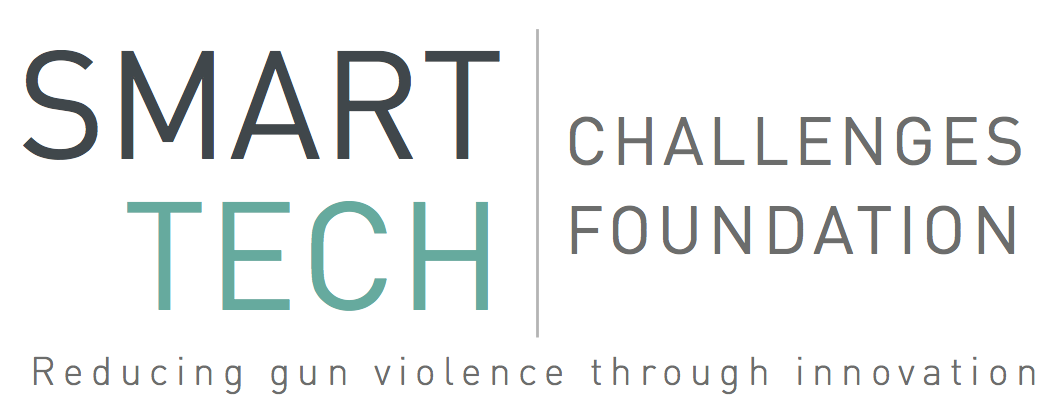Smart guns can prevent gun tragedies
Published in the Detroit Free Press.
At a time when he should be getting ready for his first day of sixth grade, an 11-year-old Detroit boy has been charged with manslaughter for the fatal shooting of a 3-year-old. The boy had been visiting his father on the east side of the city recently when he took a handgun from a bedroom closet and brought it into a vehicle parked in the yard. Three-year-old Elijah Walker got into the car, where he died from a fatal gunshot wound to his face.
There are layers of tragedy here: the lack of adult supervision for both children, the fact that the gun was unlocked, loaded, and was accessible to a child, the wrenching death of an innocent toddler, and the 11-year-old child’s entrance into the criminal justice system.
But there’s another layer, too: Technology can play a key role in preventing these kinds of tragedies. This shooting happened just a few miles away from where my company is developing a fingerprint-access trigger lock. Had a device like this been used to secure the gun that the 11-year-old found in the closet, the boy would not have been able to discharge the weapon, either intentionally or accidentally. And because the lock activates instantly, it would not have impeded the use of the firearm by the gun owner or another authorized user in a situation when seconds matter.
Guns with integrated electronics have faced opposition from the gun community, which has expressed fears that it could be a backdoor to government infringement on civil liberties. But the fact that after-market accessories can’t be mandated opens up more possibilities for modern gun owners. Even the National Shooting Sports Foundation has now publicly expressed their openness to the technology.
That’s important because the goal is to make gun ownership more safe. I’m a trained electrical engineer who has spent the majority of my career focused on air bags in automotive safety. I’ve developed and optimized technology that our lives depend on every day to be utterly reliable. I’m also the survivor of an act of gun violence myself — a trauma I never want my young children, or any other children, to endure.
Gun-related deaths can not be prevented by any single solution, but a greater number of viable firearms safety options could offer relief from the daily tragedies of gun violence — if they make it to the consumer market. Entrepreneurs and innovators in smart firearms safety need more support from investors on the leading edge of social impact. We need visionaries who can see the life-saving potential for these products, in addition to the financial reward. With more capital in the industry, we will be able to do what Americans do best: develop ingenious products that blend seamlessly with our lives and protect us from tragedy.
Omer Kiyani is the Founder and CEO of Sentinl, based in Detroit. His trigger lock is a promising, flexible alternative to traditional integrated smart guns.
